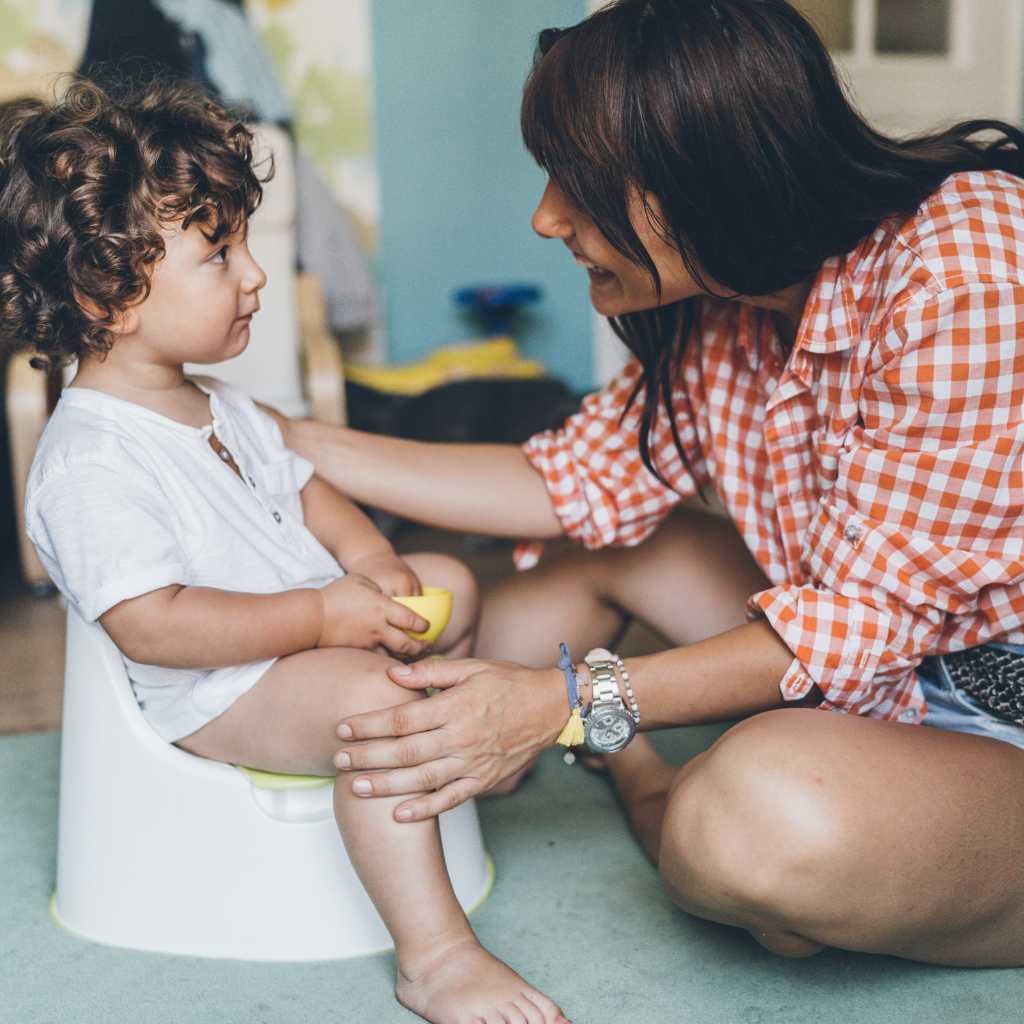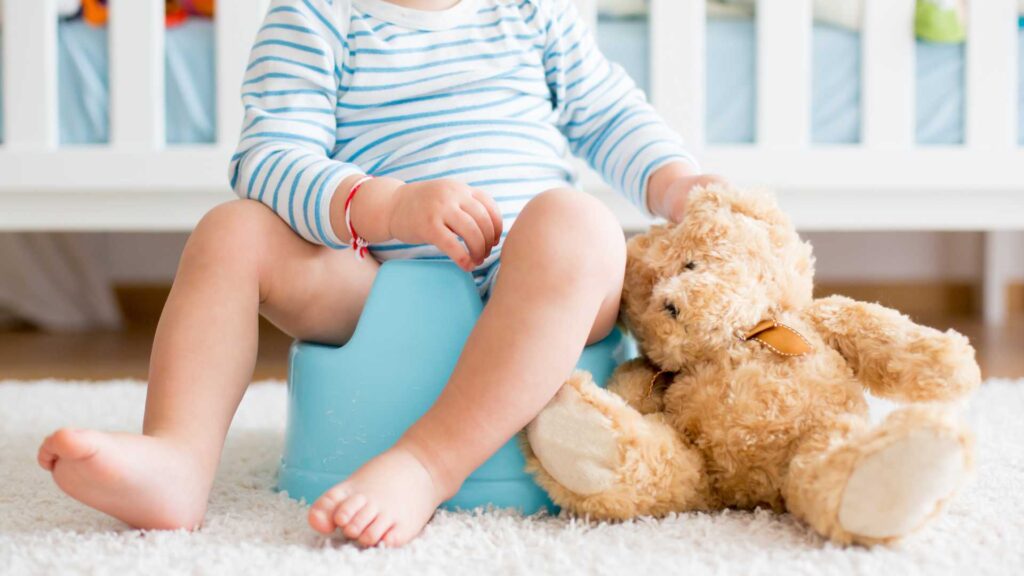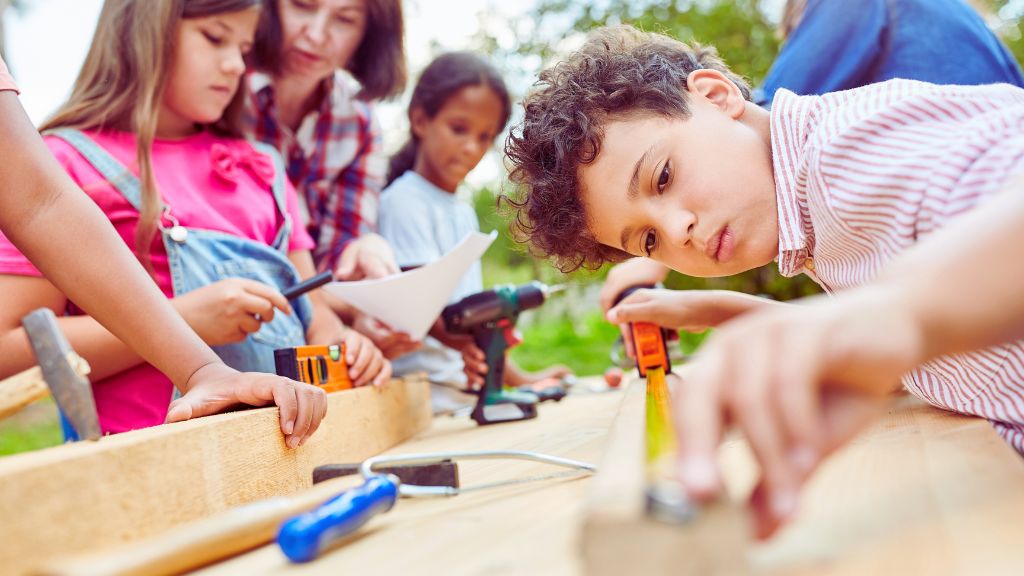Table of Contents
Do kids with autism have trouble with potty training?
Potty training is a remarkable developmental milestone for children, marking one of the first steps toward independence. It involves transitioning away from diapers and learning to recognize the need to use the bathroom. However, when it comes to autism potty training, parents and caregivers often face additional challenges.
Those caring for children with autism frequently ask, “Do kids with autism have trouble with potty training?” ABA Centers of New Jersey highlight that children with autism may experience deficits in critical skills that impact their toileting routines. Consequently, we have compiled a comprehensive guide aimed at helping you understand these unique challenges and providing the necessary support for your loved ones to achieve this crucial developmental milestone.
The Challenges of Autism Potty Training
Toilet training is a universal milestone in human development, yet individuals with developmental disorders such as autism may encounter distinct challenges in mastering this self-help skill. Gaining an in-depth understanding of the intricacies involved in autism potty training is crucial for identifying specific needs and effectively addressing them.

- Difficulty Recognizing Body Sensations: The Autism Awareness Centre points out that many individuals on the autism spectrum struggle with proprioception, often referred to as the “eighth sense.” This struggle encompasses recognizing internal body cues, which can complicate tasks such as eating or toileting. Challenges with interoception also impact an individual’s ability to self-regulate emotions and bodily states. An inability to recognize a full bladder, hunger, or thirst can lead to discomfort without understanding the cause, potentially increasing frustration due to the failure to articulate the source of distress.
- Challenges with Verbal Instruction Comprehension: Autism often involves difficulties in social communication and interaction, complicating the understanding of both verbal and non-verbal cues. For children on the spectrum, following the verbal instructions commonly associated with potty training can be particularly challenging.
- Resistance to Transition and Routine Changes: Individuals with autism frequently prefer consistent routines and may find transitioning from one activity to another—such as using the bathroom—challenging. Alterations to established routines can trigger stress and resistance, which may impede progress in toilet training.
- Generalizing Skills Across Contexts: A child with autism might learn to use the toilet in one specific setting but struggle to apply this skill in different environments or contexts, leading to inconsistent success across various situations.
- Sensory Processing Difficulties: Sensory sensitivities are common in children with ASD, affecting their toilet training experience. The cold feeling of the toilet seat, the texture of toilet paper, the flushing sound, and the sensations of washing hands can be overwhelming or unpleasant, posing additional obstacles.
- Limited Motivation for Toilet Use: Some children with autism may not inherently grasp the significance of using the toilet, lacking the motivation or interest necessary for acquiring this skill, thus creating barriers to engagement in the training process.
Acknowledging and understanding these challenges are fundamental steps toward developing a tailored approach that respects the needs, preferences, and capabilities of your loved one with autism. Remaining patient, consistent, and offering unwavering support are crucial elements in successfully navigating the autism potty training journey.
How can I Know if My Kid with Autism is Ready for Toilet Training?
Every child, irrespective of autism, progresses at a unique developmental pace. Watching for readiness signs is crucial to commencing autism potty training effectively. Since verbal cues may not always be the most effective method in this training, parents need to observe the following indicators closely:
- Physical Development: For successful autism potty training, your child needs the ability to walk to and sit securely on a toilet or potty chair. The capability to pull down and pull up their pants independently or with only slight help is also essential.
- Communication Skills: Communication is vital in potty training. Your child should be able to comprehend and follow simple commands such as “sit on the potty” or “flush the toilet.” Equally, they should be able to communicate their needs, whether they’re feeling discomfort or the urge to use the bathroom, through verbal means, gestures, or other forms of nonverbal communication.
- Curiosity: An interest in or curiosity about bathroom use, demonstrated through behaviors like mimicking the bathroom habits of family members or peers, indicates a readiness and eagerness to learn this new skill.
- Adaptability to Routine Changes: While children with autism often thrive on routine predictability, an openness to incorporating new activities into their daily schedule can signal readiness for autism potty training.

Understanding these signs and ensuring a supportive, patient approach tailored to your child’s needs and pace can significantly smooth the transition during autism potty training.
6 Expert Tips for Parents Dealing with Autism and Potty Training
After recognizing the unique challenges and needs your child with autism may face in potty training and discerning the readiness signs for this important milestone, patience becomes your most valuable tool. Teaching new habits to children is a journey that demands both compassion and unwavering consistency. It’s vital to remember that each activity introduces a novel experience for them, marked by days of significant strides as well as moments that may seem daunting. Keeping a positive outlook is vital to fostering success. Below are some effective strategies for autism potty training:
- Establish a Routine: Creating a predictable routine can help alleviate anxiety for your child. Set specific times during the day for bathroom attempts, such as before bedtime or following meals, to help your child anticipate when it’s bathroom time.
- Incorporate Visual Aids: Given the potential communication challenges, visual aids can significantly enhance the effectiveness of autism potty training. Consider developing a visual schedule that outlines each step involved in using the bathroom.
- Optimize the Environment for Sensory Needs: If sensory sensitivities are a factor in your child’s potty training, modifying the environment to suit these needs can make a big difference. Adding a toilet seat cover to minimize exposure to the cold or implementing warm, subdued lighting can create a more welcoming space.
- Apply Positive Reinforcement: Utilizing positive reinforcement, a strategy autism therapists often employ in applied behavior analysis (ABA), can encourage the repetition of desirable behaviors. Celebrate your child’s successes with verbal praise, stickers, or small rewards each time they successfully use the toilet.
- Simplify the Process: Dividing the potty training process into smaller, more manageable steps can prevent your child from feeling overwhelmed. Initially, assist with each step and gradually decrease support as your child becomes more proficient.
- Consult with Professionals: If you encounter more challenges than anticipated, don’t hesitate to seek assistance from professionals specializing in autism support, like the ABA Centers of New Jersey. Additionally, organizations such as Autism Speaks provide valuable online resources to guide you through the potty training process.
Implementing these practical tips with patience and consistency can pave the way for a smoother autism potty training experience, leading to positive outcomes for both you and your child.
Comprehensive Support for Autism and Potty Training at ABA Centers of New Jersey
At ABA Centers of New Jersey, we are deeply committed to assisting families as they guide their children with autism through various developmental milestones, including the often challenging yet rewarding process of potty training. Our expertise extends across diverse communities in New Jersey, including Woodstown, Trenton, and Paterson, among others, offering comprehensive support that embraces neurodiversity.
Our tailored ABA therapy programs empower children on the autism spectrum, enhancing their abilities in crucial areas such as communication, social interaction, self-care, coping strategies, and adopting healthy behaviors. We acknowledge the unique aspects of autism potty training, and we are ready to provide the specialized guidance needed to navigate this process.
Our team of experts is readily available for families seeking professional assistance in autism potty training. By calling (855) 640-7888, you can learn more about how ABA therapy could transform your child’s progress toward greater independence.
We also encourage you to visit our website, where a wealth of online resources awaits. Our blog features insightful articles and guides designed for parents, caregivers, and advocates of individuals with autism. At ABA Centers of New Jersey, we pride ourselves on being a dependable and supportive pillar for every family navigating the complexities of autism.








